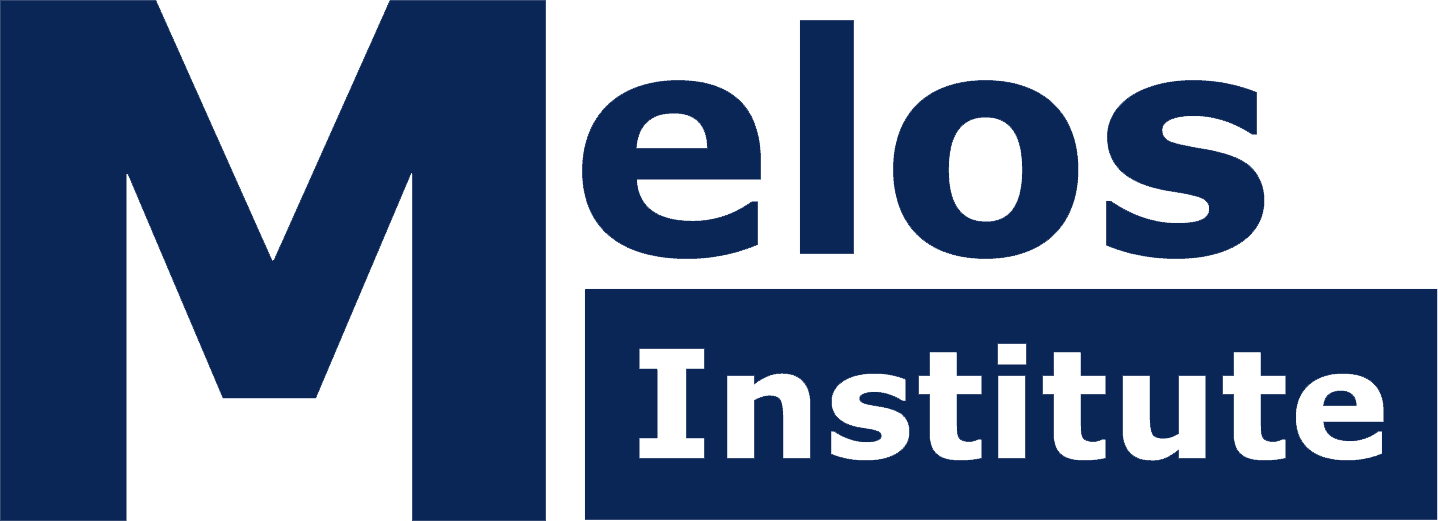In the early 1950s, I’ve Got a Secret was one of the most popular television game shows in America. Each show introduced a few contestants who whispered their secrets to the host. Viewers at home were made aware of their secrets with a text overlay on their television screens. A panel of celebrities then asked questions hoping to guess their circumstance; which invariably was something unusual, embarrassing, humorous, or extraordinary. The show ran for years. A lot of Americans had some pretty interesting secrets to share.
In many ways, association management professionals would have been perfect candidates for this program because we have a secret that surely no one could solve!
What might that be?
Our greatest secret is what we actually do and the role we play as association management professionals working in membership-based organizations (MBOs).
Most of us can recall many noteworthy…no, wait…extraordinary outcomes that we have achieved while working with some remarkable members and our volunteer leaders. Knowing that so few understand what we do, it’s doubtful anyone would successfully guess our secret…or fully appreciate the impact that those positive social changes have had on the larger society.
We know that our work is barely recognized and too often undervalued. Worse, we know that too many of our colleagues still find it difficult to explain what this profession is to themselves as well as others.
Why is what we do such a secret…even to most of us?
Possibly because we had no idea that this profession even existed…that is, until we accepted a professional position within our first MBO.
How common is this?
Very common.
Our Reality
In 2012, Shelly Crumbie Alcorn, CAE and Mark Alcorn, JD, MBA conducted a research project that confirmed statistically what we had suspected (from decades of shared anecdotes).
After interviewing over 200 CEOs and staff professionals, they found that most became aware of their first MBO-related position through “informal means” (e.g., colleagues, friends, advertisements, etc.).
In their report, Association Forecast: Provocative Proposals for Future Change, they noted that atleast 40% of their respondents admitted that their entry into the profession was “a fluke,” or “an accident,” or something “they fell into.” All, however, admitted that they didn’t fully understand or appreciate why MBOs existed or what they were inherently designed to accomplish.
Their findings were a stark reminder of just how difficult it’s been to explain what we do…not just to family, friends, and neighbors, but also to our members, volunteer leaders, and fellow staff professionals.
A few decades ago, it seemed that a satisfactory description had emerged; one proposed by those working with us from for-profit settings. They suggested that our role and responsibilities looked quite similar to theirs. Our member services were like product lines. Our member communications was actually a marketing function. Our members were quite like customers.
Finally, we thought we had a recognizable identity…one that made sense to others!
Yet, this description doesn’t exactly reflect who we are or what we do.
It’s not even what our MBOs are inherently designed to do.
A New Insight
Recent applied research efforts, conducted by the Melos Institute, have generated an entirely new and different insight to what we do:
Association management professionals play a consequential role in advancing positive social change on three dimensions:
individual, collective, and societal.
…and who we must be to accomplish that:
Change Process Specialists
Life Coaches
What does it mean to be a change process specialist?
We design strategies that help members as individuals, directly address and advance their needs, interests, goals, and aspirations. We do this by identifying, compiling, analyzing, and then converting information into knowledge-based learning experiences, publications, materials, and tools.
But that’s just the start.
When members, collectively, employ their newfound competencies in their specially-defined practice settings, they advance that profession, trade, or personal avocation
But even that’s not all.
Few of us consider the ripple effect beyond the members’ field of endeavor. Better informed and trained members (and prospective members) are better able to serve and support their customers, clients, or constituents. This has a direct impact on their quality of life within the larger society.
What does it mean to be a life coach…a momentary one at that?
We interact with members routinely. Consciously or unconsciously, we provide guidance and support; informally teaching (albeit momentarily) them how they can engage in ways that matter most to them. Members’ stories remind us just how unfamiliar they are in finding what they need, when they need it, and in a format that works for them. They also reveal just how consequential these conversations have been; often generating experiences they characterize as transformative.
The degree of support doesn’t end there.
Consider the impact of the guidance and support that we provide to members serving in voluntary roles. That’s another dimension that has barely been explored.
What does this all mean?
Association management professionals are specialists not generalists. We are certainly more than business professionals (no insult intended). Our efforts are inherently designed to advance our members’ profession, trade, or personal avocation on at least three dimensions.
As such, we must be adept at doing two things simultaneously: 1) managing the ongoing development and operations of our very complex MBOs (including a member-driven governance component) and 2) build, foster, and maintain highly-engaged and highly-socially-cohesive specially-defined membership communities.
It’s hard to identify another for-profit or nonprofit entity does anything that is remotely similar.
An Extraordinary Profession
So, let’s agree that…
Association management is one of the most complex and consequential professions in America.
The Alcorn research reminds us, unlike with other professions, association management professionals come from lots of other practice settings. As yet, no academic curriculum exists to prepare us for this work. That suggests that everyone who enters this profession must learn to do the job…on the job!
Despite the profession recently celebrating a century of existence, this still remains the dominant way by which we welcome new entrants.
This is atypical for how occupations evolve into professions.
Respondents to the Alcorn’s study expressed concern that this serendipity-driven approach to attracting younger generations to the profession jeopardized its long-term sustainability. They believed something more substantive was needed. They just weren’t sure what “that” was.
For years, I felt exactly the same way.
From the moment I “fell into” my first MBO position as a membership specialist (1983), I had no idea how to do my job. I spent the past 40+ years learning from members as well as volunteer and staff leaders. Yet, I was troubled knowing that those who followed me would have the same experience.
In 2009, I founded the Melos Institute to study MBOs in a very different way. Working with volunteer leaders, association management professionals, scholars, and subject matter experts, we opted to employ applied research methodologies over the traditional marketing-focused ones. That led to an epiphany.
MBOs differ from for-profit and other nonprofit organizations
in their purpose, scope, focus, and goals.
What does this mean?
We realized that the management model (i.e., transaction-based), currently used to govern and manage MBOs, was initially designed for use in for-profit settings. As such, it didn’t include critical functions specific to MBOs…like the development their specially-defined membership communities.
That discovery led us to explore a management approach that would be less transaction-based. Members’ stories led us to conceptualize one that reflected their actual successful experiences; defining it as relation-centered. To ensure its efficacy, we developed and pilot tested a host of relation-centered assumptions, concepts, and models. Each produced better and more lasting outcomes…especially in generating greater member engagement.
Additional research has helped us identify 7 core obstacles that are unintentionally undermining MBOs’ efforts to get more members engaged. They, along with actual solutions, are shared in: The Member Engagement Paradox: Overcoming 7 Obstacles to Build and Maintain Thriving Membership Communities
What All This Means
The current body of knowledge for association management has been built on a for-profit transaction-based foundation. The Melos Institute is spearheading an effort to redefine one that reflects a relation-centered dimension.
That journey has just begun…so much more yet to be revealed…including an opportunity for those interested in helping shape their future.
Let us know if you’re interested.
Until then, when asked what you do, proudly declare…
I am an association management professional.
I am a change process specialist and life coach.
What I do helps my members advance their careers and their [profession, trade, or personal avocation].
What I do, in concert with my members, positively shapes America.
Our profession is like no other.
That’s why we’ve had such a difficult time describing it.
But no more.
This is what we do and who we are.
And, at the Melos Institute, we believe our efforts to better define our profession will further empower us in ways that we have not yet imagined.
Patricia A. Hudson, MPsSc is the founder and president of the Melos Institute.
Visit https://www.melosinstitute.org for more information about:

